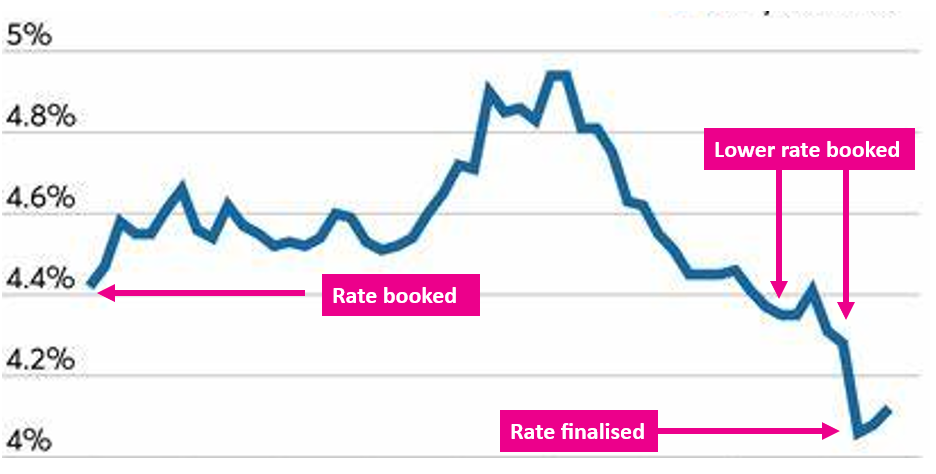Remortgaging your property or transferring your mortgage
When you come to the end of an introductory rate on a mortgage, you’ll save money by switching to a new deal, rather than going on to the lender’s SVR (Standard Variable Rate).
A rate switch is where you switch to a new deal with your same lender – this is a simple process, but it still makes sense to use a broker – we’ll explain why below.
Remortgaging is the process where you remain in your property but take out a mortgage with a new lender. This might be simply because you’re coming to the end of your current deal and can find a better interest rate elsewhere, or it may be that your financial situation is set to change, so you want to adjust your mortgage to suit. Typical reasons for this could be significant personal events such as having a child, a new relationship (or a break-up), or a temporary move. Alternatively, you may have had a significant change in your income, received a lump sum, or want to make an investment.
Remortgaging your property might not always be possible, or in your financial interests – sometimes a rate switch is a better option. That is where we can help with our independent mortgage advice – we will always check the benefits of a rate switch as well as a remortgage. We can talk you through the entire process, from attaining an Agreement in Principle, to completing the remortgage process and answer any queries you may have.
Whether a rate switch or a remortgage is right for you, then if your property value has increased since the time you bought it, or your finances have improved so that you have access to more lenders, you could save money. A higher property value, combined with the repayments you have made on your mortgage usually mean a lower Loan-to-Value (LTV). A lower LTV usually means you will be offered a better mortgage deal (unless interest rates have increased, or your LTV is already below 60%).


